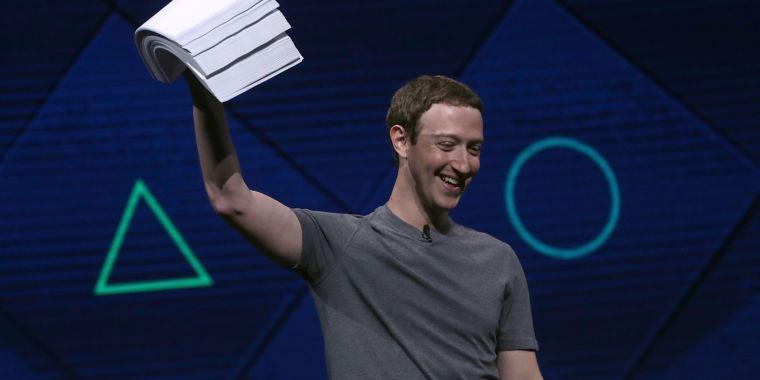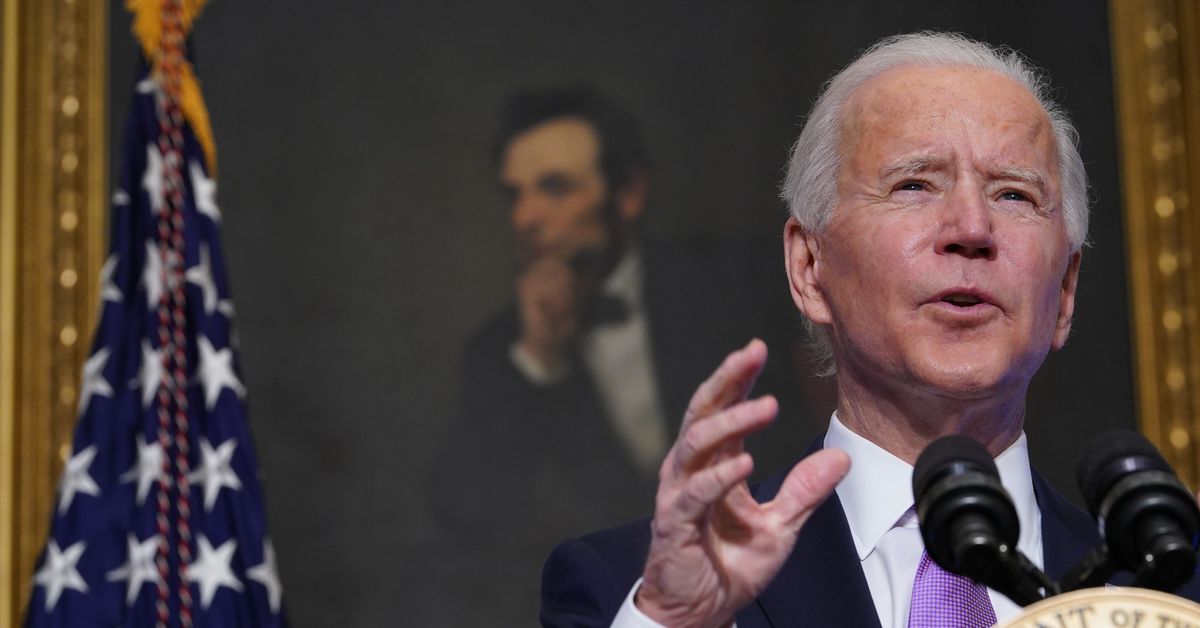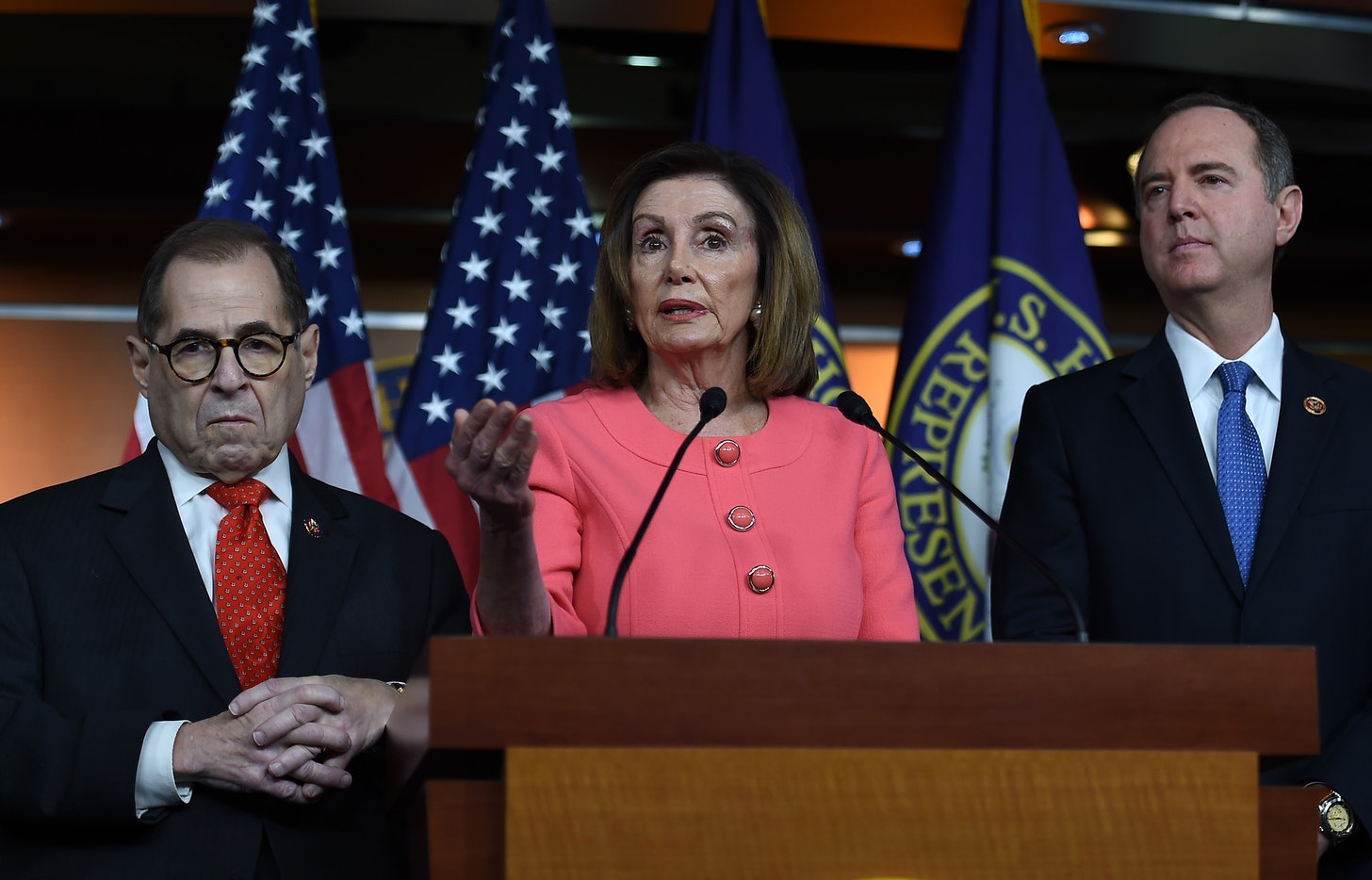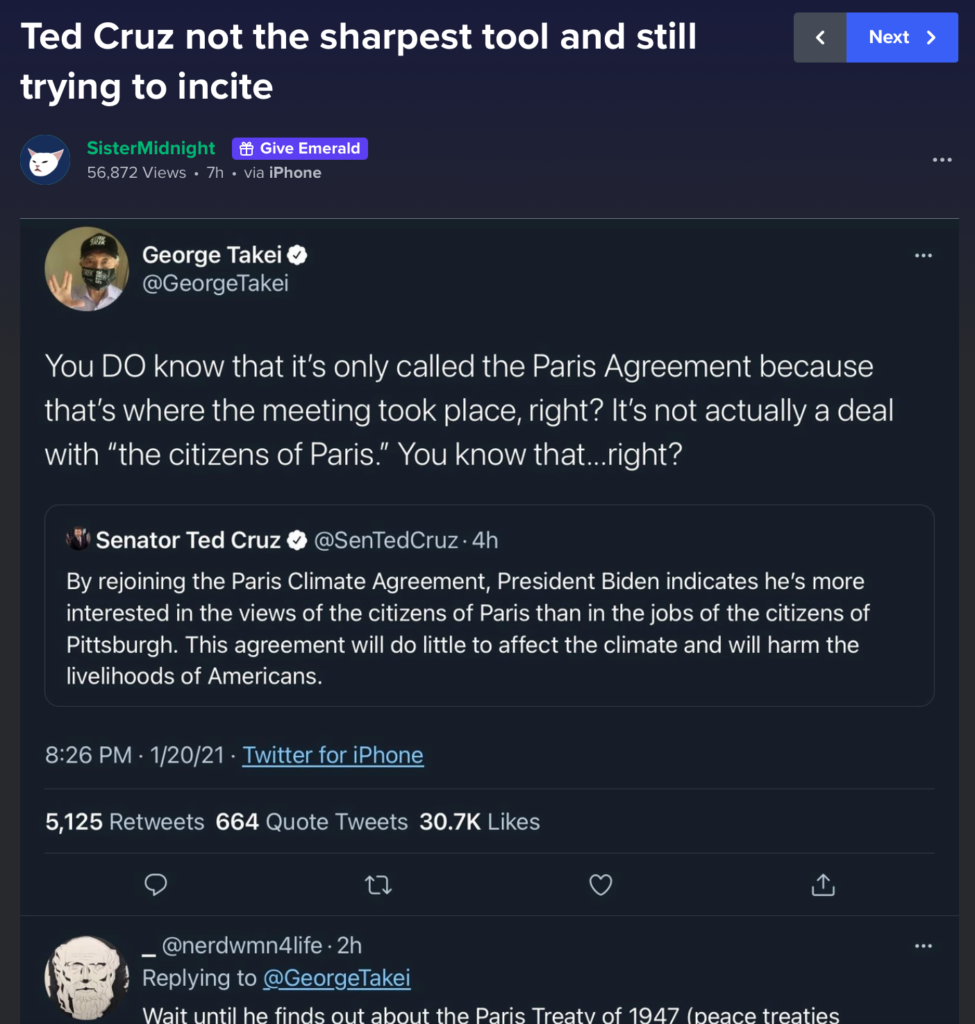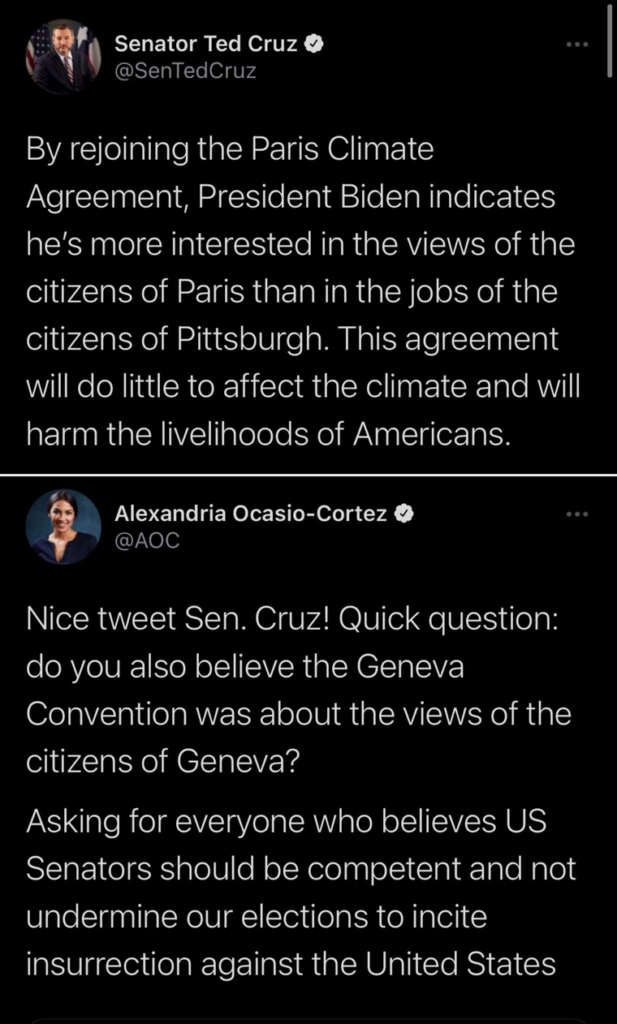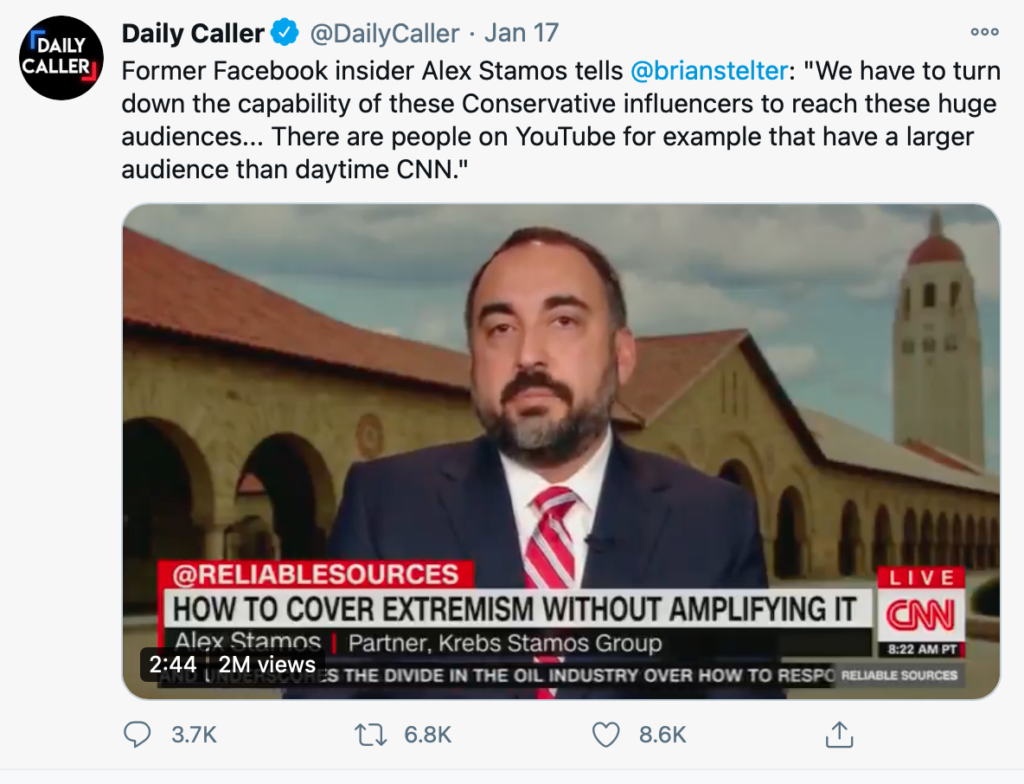Control is a game that came free with Playstation Plus. I had heard relatively good things about it, but I know that PS+ games are the B- games that have run their course commercially, so I took this move with a grain of salt. Turns out that, like Red Dead Redemption 2, Control has a great game buried in there, underneath all the really terrible parts.
Control has a great X-Files-like vibe. Very atmospheric and moody. Very surreal and mysterious. It’s a great new intellectual property space. Or, at least, it will be, if Remedy ever makes another game based on the franchise. The story is great.
Control has an interesting gun play system. There’s no reloading, but there’s a pause while the gun reloads itself, so it’s all the same thing. Plus, the button that most games would use for reloading swaps between the 2 active weapon morphs in play, and muscle memory frequently leaves me hanging with the wrong weapon effect at the worst time.
That’s… about all the good I can say about it. I’m sure other people have done enough actual reviews, but I’ll give it a short run down:
- The “control” points where you can start over if you die are far apart, and you have to walk a long way to get back to the point where you died.
- The gun does NOT snap (by default), and the aim is unforgiving for a game like this.
- There’s no crouching behind cover. Which is bizarre, because the enemies do it.
- Optional missions come up at opportune moments, but you only get one shot at them. You have no idea what you’re facing, and if you die, and you simply lose out.
- Finally, the map and the level design is horrendous, and there’s no pathing to help you navigate it.
I could chalk all the shooting mechanics up to taste, and put up with it for the story, but the last point just does the game in. I just tried the game again, and the ONLY way I can find to go forward to my objective is to go through an area that’s just too tough for me. I’ve failed to get through it twice, and there just didn’t seem to be a way to get it done. But I wandered around for 15 minutes, and concluded that this is, in fact, where I should be going, so I tried — and failed — for a third time, with literally no idea how I could deal with it.
I looked for a difficulty setting, and found that it has cheats. Well, that makes sense. So I activated them, and tried again. Despite aim snap, I was about to die for the 4th time, so I just went ahead and activated god mode. I got through the area, and found another control point, but there’s no where to go. Here’s what I see:
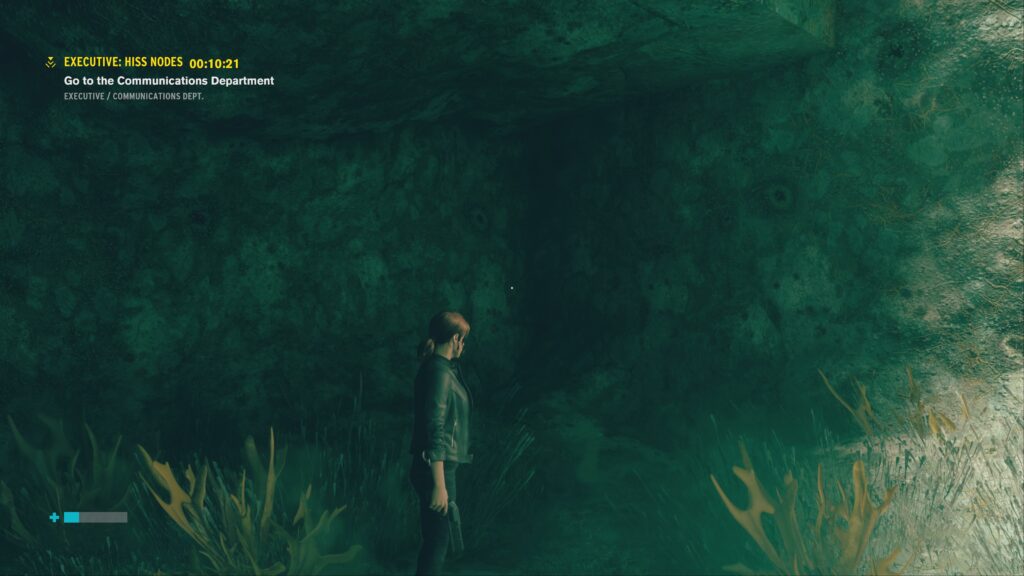
And here’s what the map is showing me at that point:
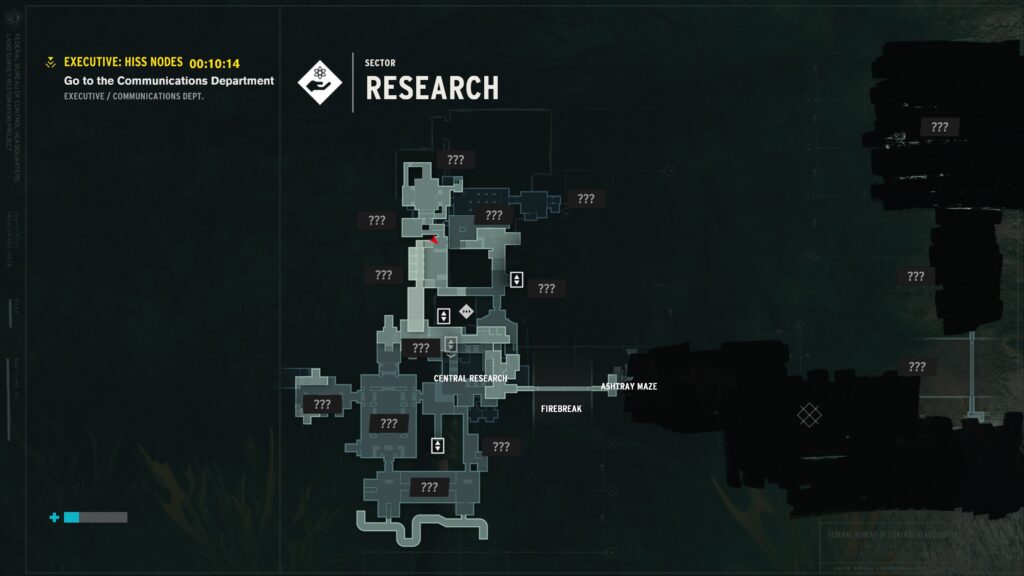
I don’t know where to go. I have an optional mission selected, and there’s no indication where that is. If I activate the “main” mission, the map indicator is in the ??? area to the northeast of my position. I cannot interpret what this is telling me, there’s no indication on how I can get where I need to go, and I can’t find any way through this section. I’m quite literally stuck, and I’m really tired of putting up with video games that force me to do a search and read some article to get past every other difficult part. At this point, I’m just going to delete the game, and hope that Sony gives Remedy access to the fact that this player quit playing the game at 18% completion, and uninstalled it, even though the game was free. That’s how big of a fail it is.
Tangentially, while trying to get the screenshots off the console, I found that it takes 4 non-obvious clicks to get to the media library, and there’s only one option for a service to upload the images with: Twitter. Really, Sony? Really? There must be a dozen prominent image sharing sites, and the only option is Twitter? Screw Twitter. Especially for sharing screenshots! And screw Sony for making that the only option. I had to resort to a USB stick. Ew.
Additionally, you can only share recorded video to YouTube or Twitter. You can only livestream to Twitch. Nothing about these options makes sense. Sony must expand these options with an update. I’m sure it’s all about the Benjamins. Sony was probably looking for kickbacks to include other services here, and no one donated, so they were forced to give us one option. Sony needs to suck it up, now that the console has launched, and move on. There’s no excuse for a lack of options for any of these ways of sharing. They need to make it like an iPhone, were you can connect your console to a service, and it becomes a “destination” to which you can share anything. (Well, I mean, they do, but they need to give us a lot more options.)

